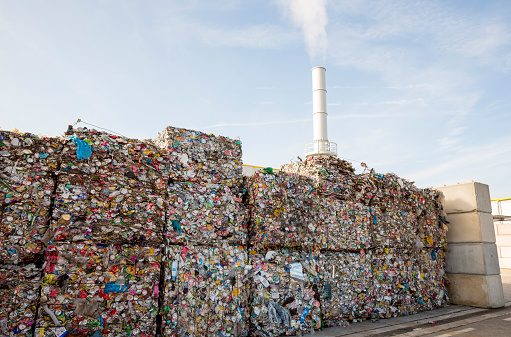The Lagos State Government has secured a €120 million commitment from the Netherlands to back its ambitious waste-to-energy project, partnering with the Dutch company, Harvest Waste Consortium.
Tokunbo Wahab, Lagos State Commissioner for Environment and Water Resources, announced the news during an interview with Nairametrics. He provided updates on various partnerships the Lagos State Government has established with foreign private sector entities in waste management..
The project will convert a portion of Lagos’ daily waste into electricity. According to Wahab, the decommissioned Epe landfill will serve as the primary site for the waste-to-energy facility. Harvest Waste will process between 2,500 to 3,000 tons of waste daily from the 13,000 to 14,000 tons generated by Lagos residents. The project only requires a steady supply of waste to produce power—something Lagos can easily provide.
“The waste-to-energy project with the Dutch company Harvest Waste is backed by the Dutch government to the tune of about €120 million, and we have designated the decommissioned Epe landfill for this purpose” said Wahab. “We are going to guarantee them 2,500 to 3,000 tons of waste daily from the 13,000 to 14,000 tons generated in Lagos.”
Wahab also confirmed that Harvest Waste has completed the feasibility studies and assured the Lagos State Government of its commitment to making the project a success.
Decommissioning Landfills for Future Projects
Wahab revealed that Lagos is actively decommissioning several landfills to make way for new waste management initiatives. Key sites like Olusosun and Solous 1, 2, and 3 are in advanced stages of decommissioning, with new facilities being set up to handle the city’s waste more efficiently.
Among the ongoing partnerships, the Jospong Group from Ghana is working on transforming waste into valuable products, including compost fertilizers and recycled plastic bins. The company has already set up an office in Alausa and is expected to begin operations in six to seven months.
Additionally, Dutch company Closing the Loop is planning to establish a facility in Lagos to manage electronic waste locally, reducing the need for exports and boosting sustainability.
Once all these partnerships are fully operational, Lagos aims to drastically reduce landfill waste, expecting only 3% to 4% of generated waste to end up in dumpsites. This aligns with the state’s vision of transforming waste into valuable resources and promoting sustainablility.






















































